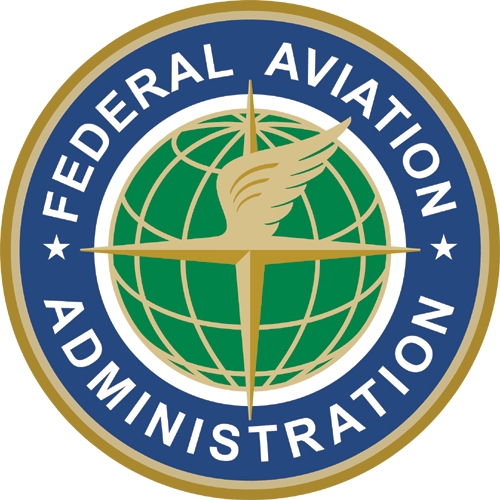N-Numbers For Airplanes That Are Not Re-Registered Will Be Cancelled
Get ready to pony up more paperwork … and fees … to register your airplane, and do it on a regular basis. The FAA has finalized a plan to require re-registration of all civil aircraft over the next three years, with renewal every three years after that. The FAA says the move will create a more accurate aircraft registration database.
The rule establishes specific expiration dates over a three-year period for all aircraft registered before Oct. 1, 2010, and requires re-registration of those aircraft according to a specific schedule. All aircraft registration certificates issued on or after Oct. 1, 2010 will be good for three years with the expiration date clearly shown.
“These improvements will give us more up-to-date registration data and better information about the state of the aviation industry,” said FAA Administrator Randy Babbitt.
Current regulations require owners to report the sale of an aircraft, the scrapping or destruction of an aircraft, or a change in mailing address, but many owners have not complied with those requirements.
Re-registration of all U.S. civil aircraft by Dec. 31, 2013 will enhance the database with current data derived from recent contact with aircraft owners. The new regulations also will ensure that aircraft owners give the FAA fresh information at least once every three years when they renew their registration. The FAA will cancel the N-numbers of aircraft that are not re-registered or renewed.
The NPRM had proposed a $5.00 re-registration and renewal fee. This is a new and recurring fee which matches the current registration fee, even though it is less than the estimated direct cost of processing re-registration and renewal actions. The FAA Reauthorization bill (H.R. 915), if enacted as passed by the House of Representatives on May 21, 2009, will provide the authority to increase registration-related fees. The projected fees are higher than current fees but reflect only the direct and applicable indirect unit costs of the FAA Registry’s Aircraft Registration Branch. The $130 registration fee projected in the legislation would not apply as the fee for re-registration or renewal. If estimated by the same method used for the reauthorization bill, the fee for re-registration and renewal would be about $45. The FAA says that neither the reauthorization bill, nor the NPRM, proposed a registration fee that includes a tax, user fee, or charge to generate revenue for purposes other than maintaining an accurate aircraft registration database.
Re-registration and registration expiration Certificate issued (Any year) Certificate expires Re-registration required. The schedule for re-registration and registration expiration is:
- March – March 31, 2011 Nov. 1, 2010–Jan. 31, 2011
- April – June 30, 2011 Feb. 1–April 30, 2011
- May – Sept. 30, 2011 May 1– July 31, 2011
- June – Dec. 31, 2011 Aug. 1– Oct. 31, 2011
- July – March 31, 2012 Nov. 1, 2011–Jan. 31, 2012
- August – June 30, 2012 Feb. 1– April 30, 2012
- September – Sept. 30, 2012 May 1– July 31, 2012
- October – Dec. 31, 2012 Aug. 1– Oct. 31, 2012
- November – March 31, 2013 Nov. 1, 2012–Jan. 31, 2013
- December – June 30, 2013 Feb. 1– April 30, 2013
- January – Sept. 30, 2013 May 1– July 31, 2013
- February – Dec. 31, 2013 Aug. 1– Oct. 31, 2013
FMI: www.faa.gov
www.aero-news.net
The FAA has released its final rule requiring the re-registration of all civil aircraft over the next three years and renewal every three years thereafter.
In order to transition from the current non-expiring aircraft registration to one with a three-year expiration date printed on the certificate, the FAA is requiring all aircraft registered before Oct. 1 to be re-registered. Owners will be given a three-month window to comply, based upon the month of current registration. The FAA proposed a $5 re-registration and renewal fee, but the FAA reauthorization bill if enacted as passed by the House authorizes the FAA to increase the initial registration fee to $130 and re-registration and renewals to $45.
Editor’s Note: Was there ever any doubt this was really about more taxes on GA?
